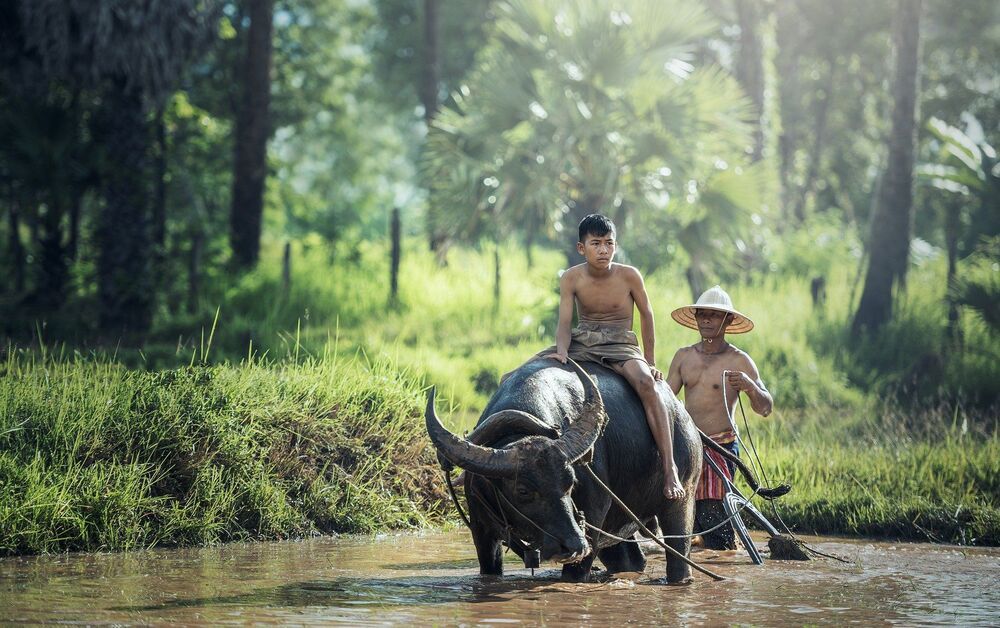PROCEEDINGS OF THE ROYAL SOCIETY • JUN 3, 2021
Culture drives human evolution more than genetics
I wonder about the thought that only humans do this, and perhaps that somehow culture is separate in some way from biological evolution enmeshed with the rest of the planet?
by University of Maine
Culture is an under-appreciated factor in human evolution, Waring says. Like genes, culture helps people adjust to their environment and meet the challenges of survival and reproduction. Culture, however, does so more effectively than genes because the transfer of knowledge is faster and more flexible than the inheritance of genes, according to Waring and Wood.
Waring and Wood say culture is also special in one important way: it is strongly group-oriented. Factors like conformity, social identity and shared norms and institutions—factors that have no genetic equivalent—make cultural evolution very group-oriented, according to researchers. Therefore, competition between culturally organized groups propels adaptations such as new cooperative norms and social systems that help groups survive better together.
According to researchers, “culturally organized groups appear to solve adaptive problems more readily than individuals, through the compounding value of social learning and cultural transmission in groups.” Cultural adaptations may also occur faster in larger groups than in small ones.
With groups primarily driving culture and culture now fueling human evolution more than genetics, Waring and Wood found that evolution itself has become more group-oriented.
“In the very long term, we suggest that humans are evolving from individual genetic organisms to cultural groups which function as superorganisms, similar to ant colonies and beehives,” Waring says. “The ‘society as organism’ metaphor is not so metaphorical after all.
ORIGINAL PAPER
Timothy M. Waring et al, Long-term gene–culture coevolution and the human evolutionary transition, Proceedings of the Royal Society B: Biological Sciences (2021). DOI: 10.1098/rspb.2021.0538
https://royalsocietypublishing.org/…/10…/rspb.2021.0538
Thanks to Zoomers of the Sunshine Coast BC & Folkstone Design Inc.
#CulturalEvolution
In a new study, University of Maine researchers found that culture helps humans adapt to their environment and overcome challenges better and faster than genetics.
After conducting an extensive review of the literature and evidence of long-term human evolution, scientists Tim Waring and Zach Wood concluded that humans are experiencing a special evolutionary transition in which the importance of culture, such as learned knowledge, practices and skills, is surpassing the value of genes as the primary driver of human evolution.
Culture is an under-appreciated factor in human evolution, Waring says. Like genes, culture helps people adjust to their environment and meet the challenges of survival and reproduction. Culture, however, does so more effectively than genes because the transfer of knowledge is faster and more flexible than the inheritance of genes, according to Waring and Wood.
